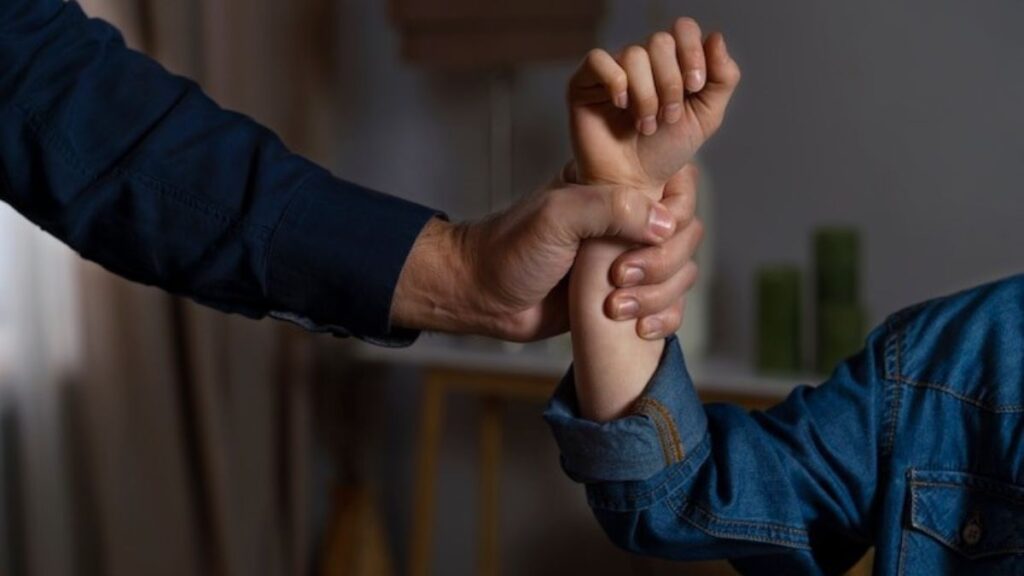Washington State is one of the most legally assertive places in the country when it comes to prosecuting sexual crimes. This isn’t a place where a First-Degree rape charge gets swept under the rug or handled quietly. The state takes sexual offenses, particularly those involving force, coercion, or minors, extremely seriously.
The force used doesn’t have to be purely physical either. Washington law says that emotional pressure, intimidation, threats, and coercion also count as force. So if someone pressures another person into having sex, makes them feel like something bad will happen if they don’t, or threatens them in any way, that’s force under the law.
A first degree rape charge is one of the most serious charges you can face, and the consequences, both legal and personal, can turn your life upside down. Whether the case involves an adult or a child, the system is built to come down hard.
If you or someone you care about is facing a charge like this, do not hesitate to seek first-degree sexual assault defense in Tacoma.
What Makes First-Degree Rape Different in Washington?
The legal language is precise and layered. Washington doesn’t lump every sex crime under the same name. There are different degrees of rape charges: first, second, and third.
First-degree rape is the highest and most serious form of the charge in Washington. According to state law, for someone to be charged with first-degree rape, one or more of the following must be true:
- The accused kidnapped the person they allegedly raped.
- They entered a building or car where the victim was, just before or during the crime.
- They caused serious physical injury to the victim.
- They used or even threatened to use a weapon.
- Or they did any of these things while trying to stop the person from reporting it, or right after the act, during the immediate flight from the scene.
First-degree rape is a Class A felony in Washington. That means it’s in the same category as crimes like murder. And just like murder, the punishment can be up to life in prison, a $50,000 fine, or both.
The Life Consequences of a First-Degree Rape Charge in Washington
If someone is found guilty of first-degree rape, especially involving a child, the law says life in prison is mandatory in some cases. There is no parole, no probation, and no early release. The convicted person will be locked up for life. This happens if:
- The victim was under 16 and suffered serious physical injury.
- The defendant caused permanent damage, such as mutilating or destroying a part of the victim’s body.
- The person raped three or more different victims.
- The person had a previous conviction for any serious sexual offense.
Other Consequences
Being charged with first-degree rape, especially involving a child, turns your life upside down. People start seeing you differently, doesn’t matter if you haven’t been convicted yet. Allegations alone can mess up your life:
- Family relationships fall apart.
- Friends distance themselves.
- You lose jobs.
- Your name gets tied to news headlines and search engines.
And if you’re convicted, forget blending back into society. You’ll be labeled a registered sex offender for life.
Washington, like most states, has sex offender registration laws. That means once you’re out of prison (if ever), your name, photo, and details of your crime will be available to the public. You might not be able to live near schools or parks. You may be banned from certain jobs. People will look you up online. It’s a label that doesn’t go away.
You won’t get to live with your family, pursue a career, or even do basic things like choose what to eat or wear. You’re under complete control of the state for life.
And even if the person doesn’t get life imprisonment, the fact that they were convicted of a sex crime will follow them everywhere.







